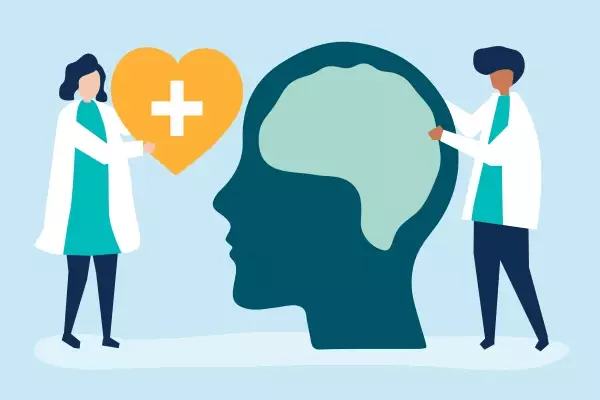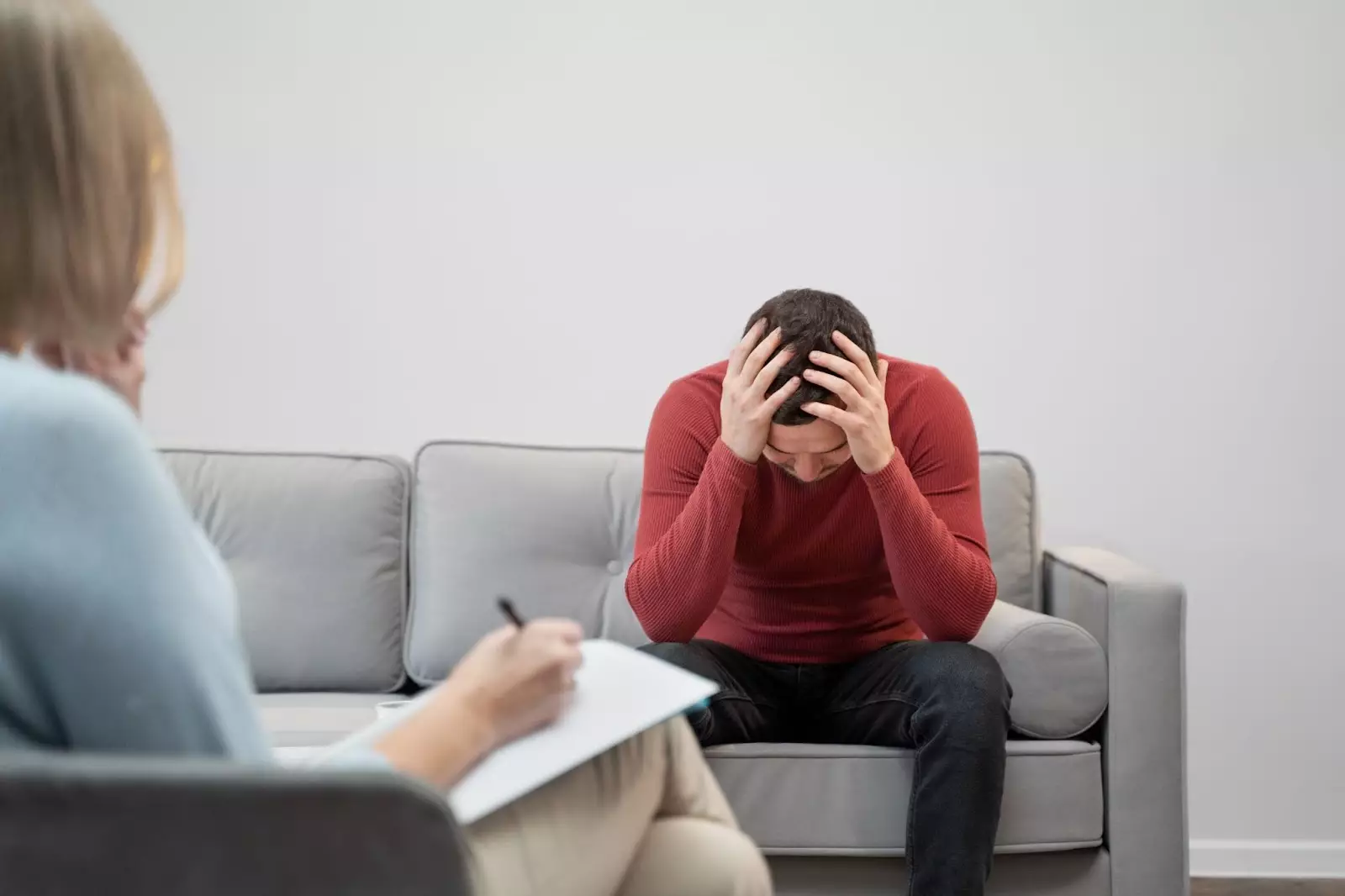When an individual faces a legal charge, they may be ordered to undergo a mental health evaluation for court. The evaluation assesses the client’s mental state and whether they are fit to stand trial.
Due to the complex nature of legal proceedings, courts have developed various methods and measures to evaluate cases. One such process is a mental health evaluation for court, also known as a court-ordered or independent evaluation.
With the assistance of a lawyer, litigants may request the court complete an independent evaluation before proceeding with another stage of legal action. A court-ordered mental health evaluation is not mandatory in all cases. Still, it can help determine whether the case meets specific criteria before moving forward with legal action.

Table of Contents
1. What Is a Mental Health Evaluation for Court?
2. The Purpose of a Court-Ordered Mental Health Evaluation
3. Who Can Request a Court-Ordered Evaluation?
4. Who Pays for the Court-Ordered Evaluation?
5. Are Court-Ordered Evaluations the Same as Psychological Evaluations?
7. When Can A Court-Ordered Evaluation Be Used?
What Is a Mental Health Evaluation for Court?
A mental health evaluation for court is a process in which a mental health professional produces a report for the court system of one or more parties involved in legal proceedings.
The valuation may involve psychological, psychiatric, or other mental health assessments of the individual in question. The intent is to provide more information about the person’s condition and situation.
The report generally includes an analysis of the individual’s mental state and current functional level. The court then typically uses these findings as evidence for their decision in the case.

The Purpose of a Court-Ordered Mental Health Evaluation
A court-ordered mental health evaluation aims to provide more information about a person’s mental state, which is used to make decisions in legal proceedings.
By obtaining more information about one’s mental health, the court may be able to determine if a case should continue or if the litigant is fit to proceed with legal action.
Juvenile courts often order psychological evaluations of minors accused of crimes to determine the best course of action for the child’s rehabilitation.
Involuntary commitment cases may also utilize court-ordered evaluations to help the court determine if an individual should be committed to a mental health facility for treatment.
Who Can Request A Court-Ordered Evaluation?
A court-ordered evaluation is initiated by the party who wants an assessment performed on another party. The person ordering the evaluation is the “petitioner” in legal terminology.
A party may request an evaluation if they believe another person's mental state is relevant to the case. This determination is up to the court’s discretion.
The petitioners most commonly include the following parties:
Prosecutors
When a person is charged with a crime, the prosecution may request that the court order a mental health evaluation. This is typically done when the prosecution believes the defendant's mental state may be relevant to the case. This can include when the defendant’s mental state could affect their ability to understand the proceedings or assist in their defense.
Defense Attorneys
Defense attorneys may also request mental health evaluations in some cases. This is most common in cases involving intellectual disability where the defense believes the defendant’s mental state may affect their ability to understand the proceedings or assist in their defense.
Plaintiff’s Counsel
In civil cases, the plaintiff’s counsel may request mental health evaluations to further their case. This is most common in personal injury or workers’ compensation cases where the plaintiff’s mental health is thought to be relevant to the case.
Judges
Judges can order a mental health evaluation if they believe they need to acquire further information on a party’s mental state. This may help them assure thoroughness before dismissing a case or allowing it to be pled down to a minor offense.
Who Pays for the Court-Ordered Evaluation?
It varies depending on the situation. Most of the time, it’s the responsibility of the individual who is required to take the evaluation.
Other circumstances may merit the requesting party to pay for the evaluation. Ultimately, it is up to the judge who determines who pays for the assessment.
Read more about who pays for court-ordered mental health assessments.

Are Court-Ordered Evaluations the Same as Psychological Evaluations?
Court-ordered evaluations are not the same as psychological evaluations. Court-ordered evaluations are conducted by mental health professionals specially trained in forensic psychiatry.
These professionals assess the accused person's mental state and whether they are fit to stand trial. The evaluation considers the person's criminal history, current mental state, treatment needs, and any other relevant factors.
Things to Keep in Mind
If you or someone you know needs to undergo a court-ordered evaluation, there are a few things that you should keep in mind:
-
The court-ordered evaluation process is conducted by specially trained mental health professionals who will assess your mental state and whether you are fit to stand trial.
-
The clinical interview is conducted by a mental health professional who will ask you questions about your background and current mental state.
-
The clinical interview aims to determine whether you experience any mental illness or disorder that would prevent you from understanding the charges against you or participating in your defense.
-
The right assessment provider provides quality, unbiased reports and includes recommendations that can increase the chance of a successful outcome.
-
Your lawyer uses the assessment in court, so it’s worth selecting a credible and trustworthy evaluation provider.

When Can a Court-Ordered Evaluation Be Used?
A court-ordered evaluation may be used in various legal proceedings, depending on the particular case. When determining which cases would be best served by a court-ordered evaluation, courts will consider the circumstances and facts of the case.
They may also consider the backgrounds and mental states of the parties involved in the action. A court-ordered evaluation may be useful in cases involving:
-
Intellectual disability. It can be challenging to determine whether an individual has an intellectual disability without an in-depth examination.
-
Mental health conditions or disorders where the individual may have difficulty providing accurate and reliable information due to their condition.
Types of Evaluations During a Court-Ordered Process
Three different types of evaluations may be conducted during a court-ordered evaluation process:
-
An independent evaluation may be conducted by any mental health professional who will provide a detailed report that includes an analysis of the individual in question.
-
A psychological evaluation may be conducted by a psychologist who will examine the individual in question and provide a detailed report that includes an analysis of their psychological condition. This may also include administering one or more psychological tests.
-
A psychiatric evaluation may be conducted by a psychiatrist who will examine the individual in question and provide a detailed report that includes an analysis of their psychiatric condition. This may also include administering one or more psychiatric tests.
In a Nutshell…
Participating in a court-ordered evaluation provides an objective and unbiased assessment of a person’s mental state. This can be helpful in cases where there is a dispute about whether the defendant is competent to stand trial.
Additionally, a mental health court evaluation can provide valuable information about your mental state that can be used in your defense. It can help ensure you receive the help you need and navigate through the court process as smoothly as possible.
Partner with a Trusted Evaluation Provider
A court-ordered evaluation can be a helpful tool in various legal proceedings. Thus, it’s worth choosing a high-quality evaluation provider that is experienced in the field and can articulate the assessment in a way that moves you in the right direction with less friction. If you have any questions about the court-ordered mental health evaluation, please call us at 800-671-8589.
We also encourage you to take the time to look after your emotional well-being by reading about the best online mental health resources. Your health comes first, and taking care of it will help you confidently navigate the legal process.

